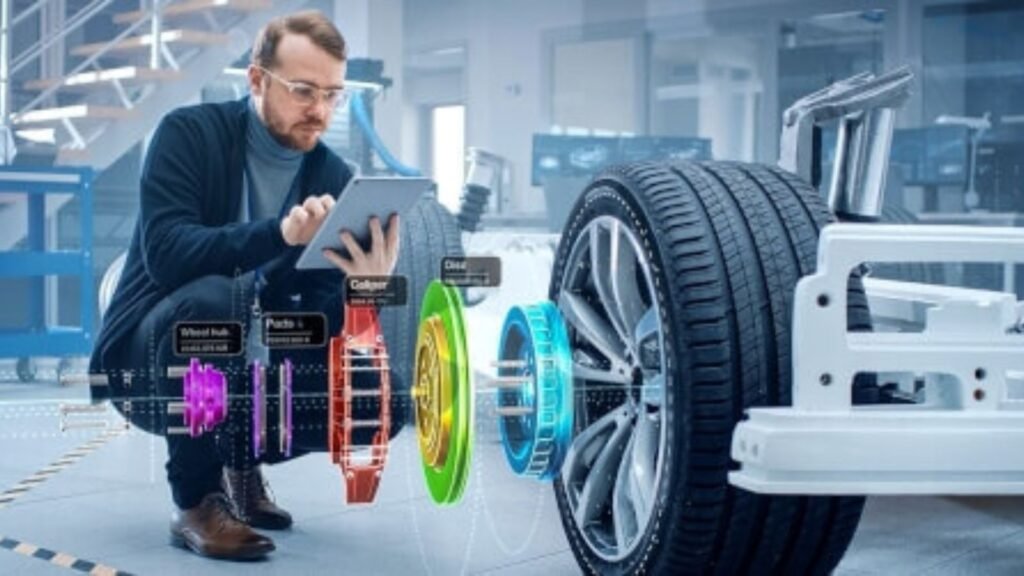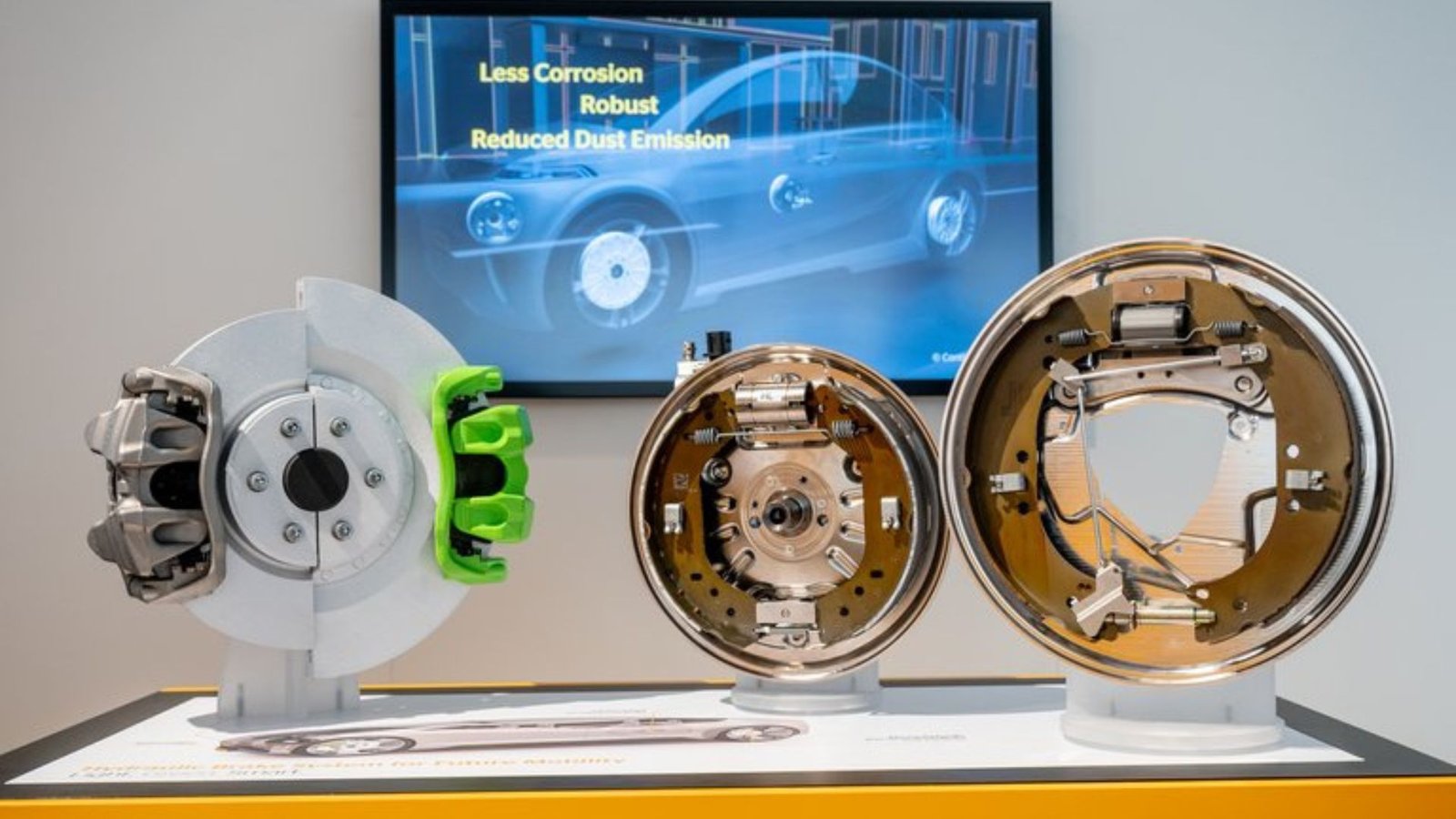Brake technology is crucial for vehicle safety and performance. As automotive technology advances, so too does the development of braking systems. The future of brake technology promises exciting innovations that aim to enhance safety, improve efficiency, and provide a more enjoyable driving experience. In this article, we will explore some of the key advancements and trends shaping the future of brake technology.

Advancements in Brake Systems
Electronic Braking Systems (EBS)
What is EBS? Electronic Braking Systems represent a significant leap forward from traditional hydraulic systems. EBS uses electronic sensors and actuators to precisely control braking forces. This technology enhances braking performance and responsiveness, allowing for smoother and more controlled stops.
Regenerative Braking Technology
How It Works: Regenerative braking systems capture and convert kinetic energy during braking into electrical energy. This energy is then stored in the vehicle’s battery, improving overall energy efficiency and extending the range of electric and hybrid vehicles. Regenerative braking is becoming increasingly popular in modern electric vehicles (EVs).
Advanced Brake Materials
New Materials: The future of brake technology includes the development of advanced materials that offer better performance and durability. Carbon-carbon and carbon-ceramic composites are being used to produce lighter and more heat-resistant brake components, improving overall braking efficiency and reducing brake fade.
Brake-by-Wire Systems
Replacing Traditional Systems: Brake-by-wire technology replaces traditional mechanical and hydraulic systems with electronic controls. This system provides precise and customizable braking performance, reducing weight and complexity. It also integrates seamlessly with other advanced driver-assistance systems (ADAS) for enhanced safety.
Innovations Enhancing Safety
Autonomous Braking Systems
Automatic Emergency Braking: Autonomous braking systems use sensors and cameras to detect potential collisions and automatically apply the brakes if necessary. This technology is designed to prevent accidents and improve overall road safety. It is increasingly being integrated into new vehicles as part of advanced safety packages.
Adaptive Braking Systems
Dynamic Response: Adaptive braking systems adjust braking force based on driving conditions and load. For example, these systems can increase braking force in slippery conditions or reduce it when driving downhill. This adaptability enhances safety and stability under various driving scenarios.
Enhanced Brake Cooling Systems
Managing Heat: Advanced brake cooling systems are being developed to manage the heat generated during heavy braking. Improved cooling mechanisms help prevent brake fade and maintain consistent performance, especially during high-speed driving or frequent braking.
Integration with Vehicle Technologies
Integration with Autonomous Vehicles
Seamless Functionality: Brake technology is evolving to integrate with autonomous vehicle systems. Advanced braking systems must work in harmony with sensors, cameras, and artificial intelligence to ensure safe and smooth operation of self-driving cars.
Connectivity and Data Sharing
Smart Brakes: Future brake systems will be increasingly connected, sharing data with other vehicle systems and infrastructure. This connectivity enables real-time monitoring and diagnostics, allowing for proactive maintenance and improved performance.
Challenges and Considerations
Cost and Accessibility
Balancing Costs: Advanced brake technologies can be expensive to develop and implement. Ensuring that these innovations are accessible to a broad range of consumers while maintaining affordability is a key challenge for manufacturers.
Precision and Performance: The Key to Success in Gaming and Industry
Whether it’s refining products for maximum efficiency or refining gaming strategies, precision is crucial in both industries. At https://www.kingjohnnie.me/en/casino-games, players engage in skill-based challenges that require calculated decisions—similar to how high-performance tools and technologies are used to optimize processes in various fields. The right combination of strategy and tools leads to the best results in both gaming and performance-driven industries.
Reliability and Safety
Ensuring Trust: As brake systems become more complex, ensuring their reliability and safety becomes crucial. Extensive testing and validation are necessary to ensure that new technologies meet rigorous safety standards and perform consistently in various conditions.
Conclusion
The future of brake technology is poised for significant advancements that will enhance vehicle safety, performance, and efficiency. Innovations such as electronic braking systems, regenerative braking, and autonomous braking are leading the way in transforming how we experience braking. As these technologies continue to evolve, they promise to make driving safer and more enjoyable. While challenges such as cost and reliability remain, the ongoing development in brake technology will undoubtedly play a vital role in shaping the future of automotive engineering.




